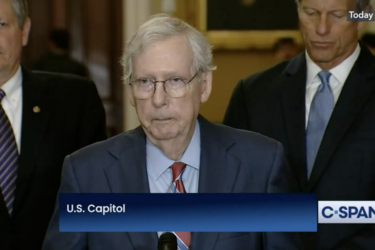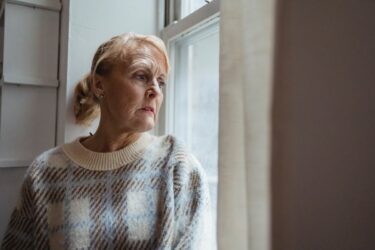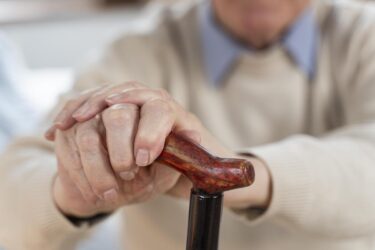We’re all going to hear a lot more about the trials and tribulations of caregiving in the years ahead, as Baby Boomers struggle to care for increasingly frail, ill parents.
 Judith Graham (@judith_graham), AHCJ’s topic leader on aging, is writing blog posts, editing tip sheets and articles and gathering resources to help our members cover the many issues around our aging society.
Judith Graham (@judith_graham), AHCJ’s topic leader on aging, is writing blog posts, editing tip sheets and articles and gathering resources to help our members cover the many issues around our aging society.
If you have questions or suggestions for future resources on the topic, please send them to judith@healthjournalism.org.
But I promise you none of the stories on this subject will be quite like Sandra Tsing Loh’s piece, “Daddy Issues,” in the March 2012 issue of The Atlantic.
It’s a rip-roaring, no-holds-barred look at the upside-down world of caregiving, where children become parents to their elderly moms or dads and emotions can run wild.
Loh is a writer and a performer who’s appeared regularly on NPR’s “Morning Edition” and Ira Glass’ “This American Life.”
She’s among the growing numbers of caregivers turning to blogs, websites, newspapers, magazines and books to tell the world “you won’t believe what I’ve been through – or what I’m going through – and how crazy it is.”
In Loh’s case, she lets it all hang out at the beginning of her piece, wailing to a radio station colleague “I WAAAAAAAANT MY FATHERRRRRR TO DIEEEEE!!!”
Yes, it’s shocking, an attention-grabbing stunt, but Loh follows through in spades after the first half of her article, which looks at recent books on caregiving by Jane Gross and Gail Sheehy.
Then, we get to Loh’s own story, told with a mordant sense of humor that feels manic at times. It’s her contribution to a phenomenon that she dubs “Elderschandenfreude … the secret pleasure of hearing about aging parents that are even more impossible than yours.”
Here are the basics: Loh’s father is a notoriously cheap, difficult man. His second, younger, Chinese immigrant wife was supposed to take care of him in his dotage but she develops dementia. He almost dies of dehydration but roars back full of life and unexpected needs. As Loh puts it:
“Now I have a wheelchair-bound but extremely active 91-year-old who greatly enjoys getting bathed and diapered and fed ice cream and crashing UCLA science lectures and, oh, by the way – every day he calls me now; he wants SEX.”
As resentment builds and caregiving bills for her father and his wife top $10,000 a month, Loh articulates what many caregivers might feel sometimes but never admit publicly:
“I rant to myself: He is taking everything! He is taking all the money. He’s taken years of my life (sitting in doctors’ offices, in pharmacies, in waiting rooms) … He’s taken the serenity I fought for – and won – in 1,000 hours of therapy centered on my family. In fact, he’s destroyed my belief in “family” as a thing that buoys one up. Quite the opposite: family is like the piano around Holly Hunter’s ankle, dragging me implacably down.“
Read the rest of this writer’s astonishingly frank story here.
For health care journalists, these kinds of personal narratives are a potential gold mine of insight about the complexities of caregiving. They are also an important counter-point to the antiseptic “10 steps to care for your loved one” advice that too often is passed off as caregiving wisdom.
You can find similar stories, which can yield potential ideas, material and sources for your own work, all over the Internet, with just a bit of searching.
Look for a tip sheet on caregiving here, AHCJ’s aging site, in the months to come.









